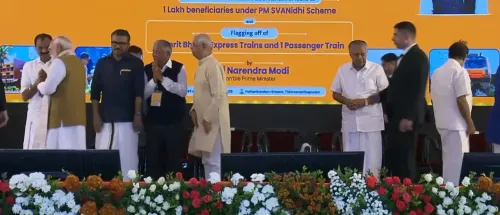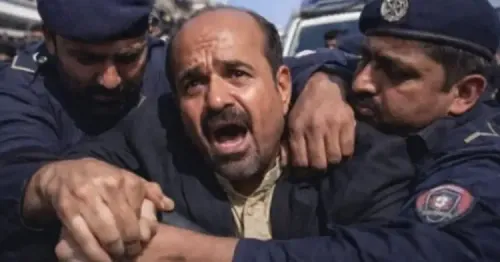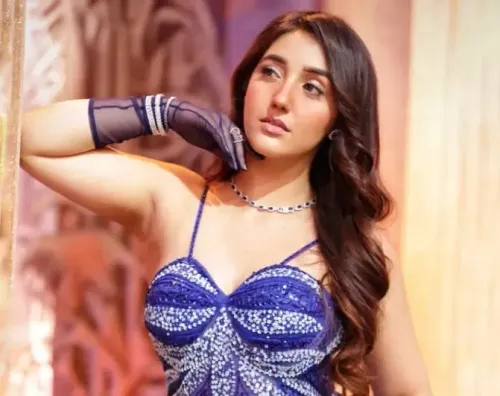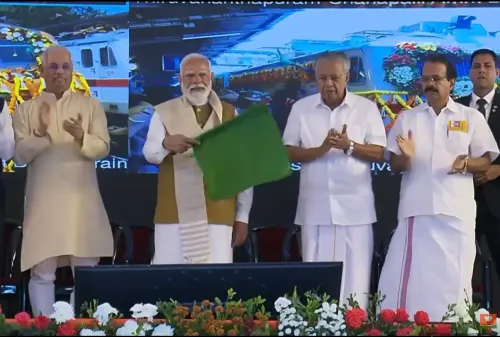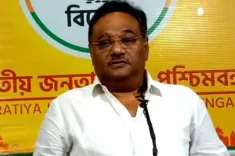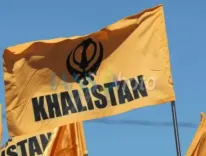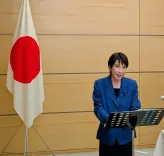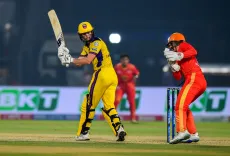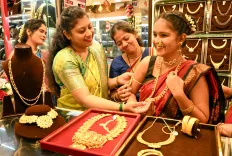Was there anything wrong with PM Modi meeting Justice Chandrachud?
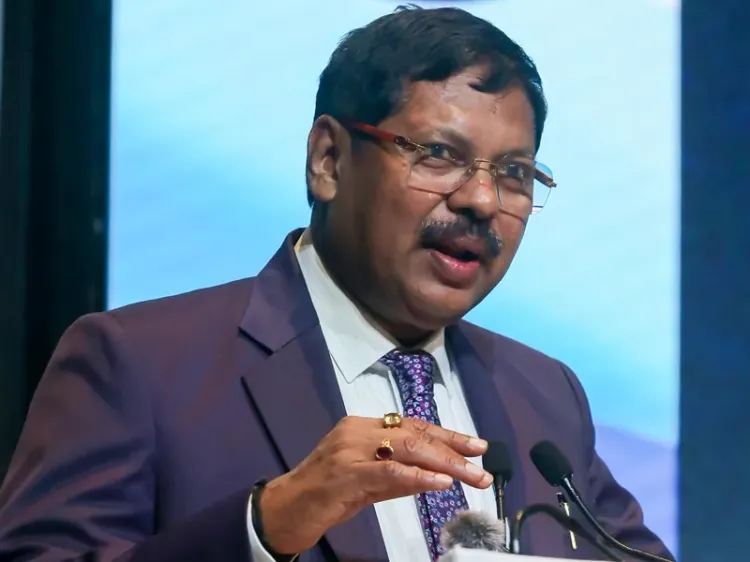
Synopsis
Key Takeaways
- Judicial Independence: Meetings between Executive and Judiciary do not inherently undermine institutional integrity.
- Cultural Engagement: The BJP defended PM Modi's visit as a purely cultural event.
- Public Trust: Maintaining public perception is crucial for judicial independence.
- Historic Appointment: Justice Gavai's appointment as CJI marks significant milestones in representation.
- Legal Journey: Justice Gavai's commitment to the rule of law is well-documented throughout his career.
New Delhi, Nov 27 (NationPress) Former Chief Justice of India (CJI) B.R. Gavai addressed the debate regarding Prime Minister Narendra Modi's visit to the residence of then CJI D.Y. Chandrachud, asserting that there is nothing inappropriate about meetings between members of the Executive and Judiciary.
In an exclusive interview with IANS, Justice Gavai emphasized that such engagements do not undermine institutional independence.
“I prefer not to comment on specific cases. The Executive, Legislature, and Judiciary—these three branches serve the citizens of this nation to ensure justice and address their concerns. Each of these institutions is independent and operates within its own jurisdiction while fulfilling its constitutional responsibilities. Therefore, even if they meet, it is not an issue,” he stated.
A controversy arose in September 2024 when Prime Minister Modi participated in Ganpati Puja festivities at the home of then CJI Chandrachud. The Shiv Sena (UBT) and some opposition factions claimed that such an interaction could cast doubt on judicial neutrality.
The BJP responded to the criticism by asserting that the visit was purely cultural and religious, not political. Party officials stressed that attending a festival in a personal capacity is neither unconstitutional nor inappropriate.
In contrast, opposition figures, including members of the Congress and various lawyers, raised concerns regarding the separation of powers, arguing that public perception is crucial for maintaining trust in judicial independence.
Months later, Justice Chandrachud publicly addressed the incident, stating there was “nothing wrong” with the Prime Minister visiting his home for prayers and called for “maturity in political discourse.”
Justice B.R. Gavai, the 52nd Chief Justice of India, has an extensive legal background. He began his legal career in 1985 and was well-acquainted with the rule of law from an early age, having grown up in a family involved in social activism. Throughout his career—as an advocate, judge of the Bombay High Court, Supreme Court judge, and ultimately as CJI—Justice Gavai has shown a profound commitment to judicial efficiency and the rule of law. His rulings have generated discussions both in courtrooms and across digital platforms, significantly contributing to Indian jurisprudence.
Justice Gavai was sworn in as the 52nd CJI on May 14, succeeding Justice Sanjiv Khanna. His appointment was recommended by Justice Khanna on April 16 and approved by the Law Ministry on April 29. This appointment was historic as he became the first Buddhist and only the second Chief Justice from the Scheduled Caste community after Justice K.G. Balakrishnan to attain this position.


